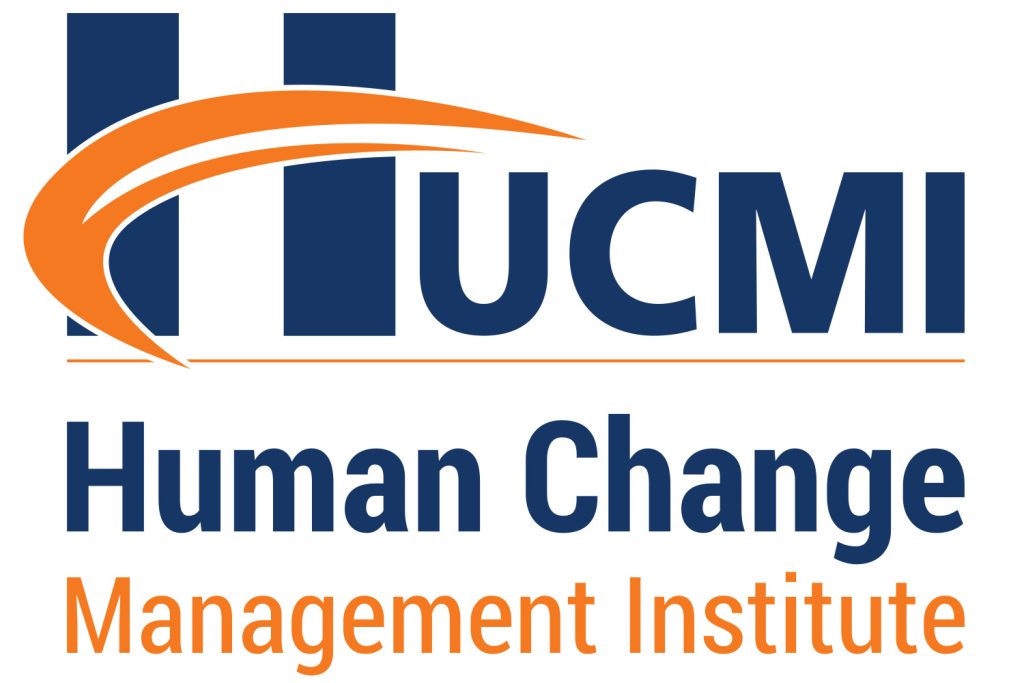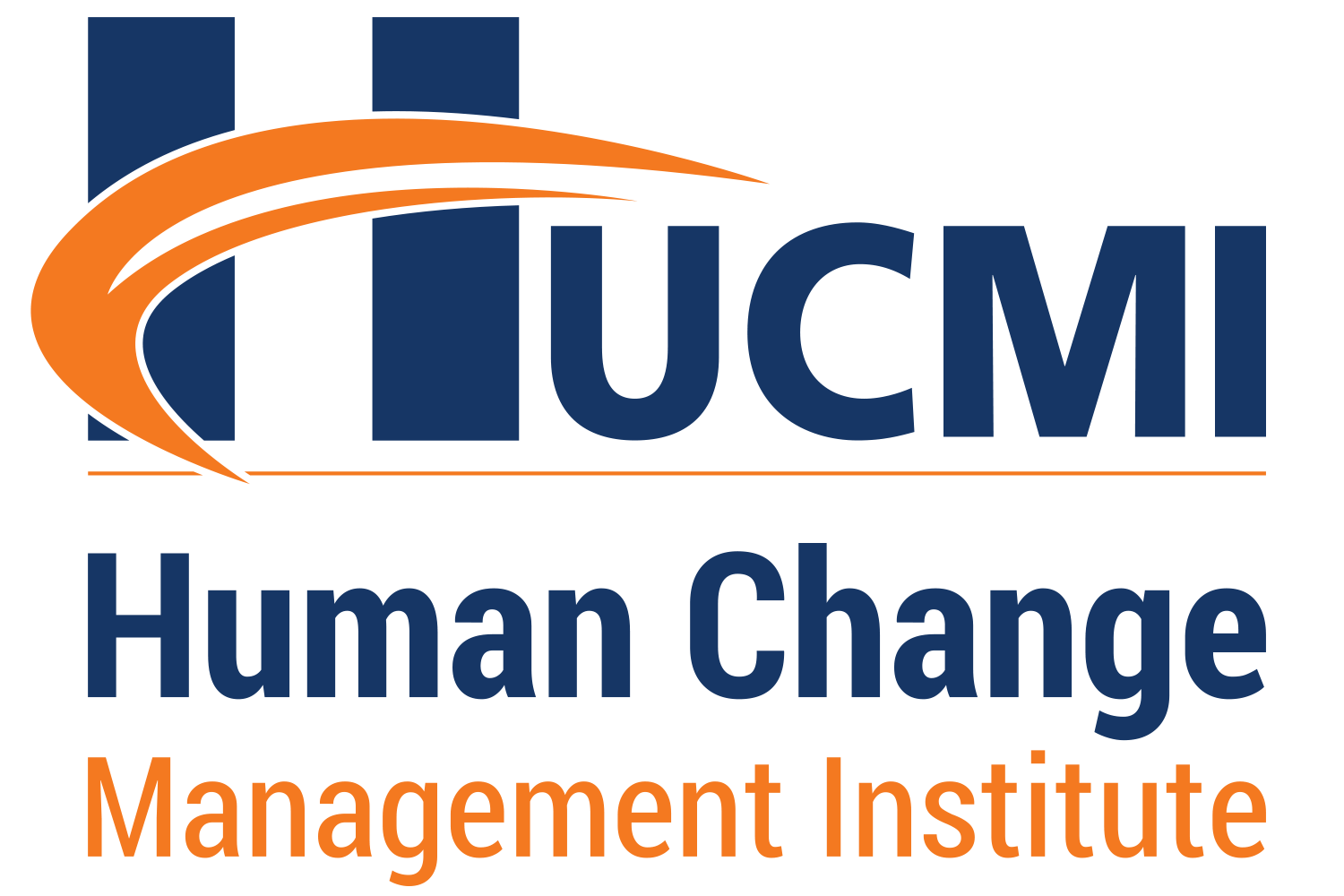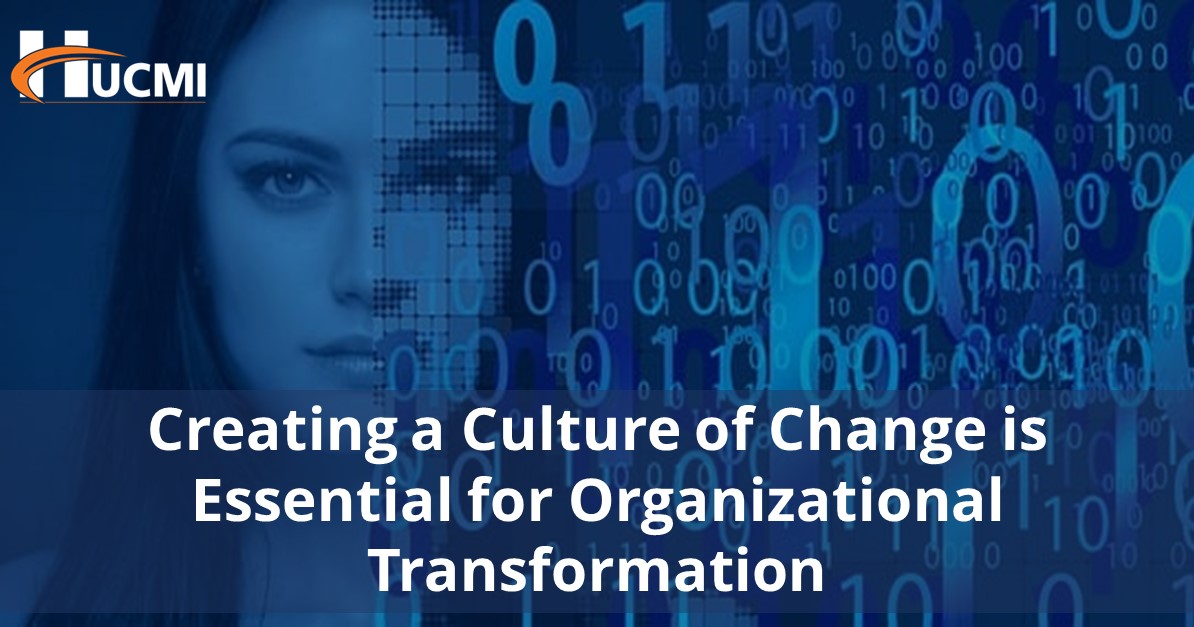Do you want to know what Organizational Change Management 3.0 is, how it applies to projects, and the role of professionals specializing in OCM? You’re in the right place! We are the fastest-growing Change Management training organization in the world.
Our approach is guided by the latest and most innovative practices in this field. Therefore, we can confidently claim to represent the third generation of Change Management, also known as Change Management 3.0.
Frequently Asked Questions About Change Management
Many project professionals, process improvement specialists, HR professionals, quality experts, health and safety specialists, as well as leaders at all levels, often ask us:
- What is organizational change management?
- How can I successfully implement an organizational change management approach?
- Which methodology for organizational change management should I adopt?
- What is the relationship between change management and organizational culture?
- When should I and when should I not use Change Management in my projects?
- Should I undergo training in organizational change management?
Classic and Contemporary Change Management
The classic definition of organizational change management is: “A comprehensive, cyclic, and structured approach for transitioning individuals, groups, and organizations from a current state to a future state.”
This statement is easy to understand but can be challenging to explain to senior management. Typically, the management team possesses a logical and results-oriented mindset focused on delivering the strategic objectives that prompted an investment. Purely conceptual definitions tend not to resonate with this audience.
In the 1990s, various methodologies for organizational change management emerged, marking a significant advancement in this field. However, as the world continued to evolve, what made sense 30 years ago no longer does. After all, managing changes in the third millennium can’t be accomplished with the same practices, methods, and tools from the previous century. As Heraclitus said, “Nothing but change is permanent.” Even Change Management models change, and the pace of obsolescence affects this vital knowledge area.
The Third Generation of Change Management (CM 3.0)
In the first decade of this millennium, a movement emerged, framed by new Change Management methodologies applicable to various types of projects. We’re talking about the third generation of organizational change management (CM 3G or CM 3.0), characterized by:
- Best practices, methodology, and tools designed not only for specialists but for professionals from all fields.
- Full integration of Change Management with Project Management, HR, Organizational Development, Communication, Legal, and more.
- A comprehensive approach covering innovation projects, not just those following linear methods but also agile or hybrid models.
- Practical and objective models structured with macro-activities and tasks that address not only what to do but also how to do it.
- A holistic perspective that addresses human aspects from strategic planning to project execution and the consolidation of changes, always aligned with business objectives and indicators.
- An expansive vision that focuses on Change Management in projects and the introduction of a culture of adaptability and resilience for ongoing organizational transformation.
- Inclusion of tools and apps that enable advanced techniques like three-dimensional stakeholder engagement management, bringing productivity gains and transparency to Change Management activities.
From this point forward, organizational change management ceased to be a knowledge area solely for specialists and became an essential discipline for everyone in this era of exponential transformation, using a language that is simple, pragmatic, yet focused on humanizing organizations during change processes.
How to Successfully Implement Change Management?
Change Management, like anything related to humans, is a complex discipline that requires comprehensive knowledge supported by best practices, tools, and methodology. A successful Change Management methodology must be simple to be effective, understandable to senior leaders, and break the stereotype of “tree huggers or organizers of the monthly birthday party.” It should support projects in using best practices to generate high stakeholder engagement and reduce the influence of change antagonists.
In the view of Change Management 3G, people need to change how they work for the organization to change. Organizational changes result from human changes. Leadership and the management of organizational changes must be conducted with people, through people, and never despite people. The goal of CM 3.0 is more direct and clearer: “Plan, apply, measure, and monitor human factor management actions in change projects, increasing the likelihood of achieving or surpassing expected outcomes.”
It’s Time to Advance Your Career!
I’m often asked under what circumstances Change Management will be necessary in a project. I invariably respond with another question: Are people involved in your project? The answer is always yes, without a doubt. So, I remind my interlocutor that where there are people undergoing change processes (and there always are), we often find fear, psychological insecurity, ego-related issues, status disputes, power struggles, and personal agendas.
Want to learn more and develop competencies in human change management? Visit the website and social media channels of the Human Change Management Institute (HUCMI®). This is where your existing competencies meet the ones you need to develop. It’s the path to delivering your company’s strategic objectives more effectively.
You can also stay up to date with the latest trends and updates on this topic by following https://change.management.hucmi.com/, which offers many articles, videos, and podcasts. It’s your way to stay informed about this continually evolving knowledge area worldwide.
Want to Keep Learning?
How about following our series of articles on leading organizational change? By leading cultural change, you’ll have a better chance of success in transformation processes. We suggest starting with this article: https://change.management.hucmi.com/the-leader-who-plays-together/.
Change Management should be part of the culture of any organization. After all, all organizations will change. Some will be the drivers of change, while others will be the recipients. Learn more about the culture of Change Management and Organizational Transformation in this article: https://change.management.hucmi.com/a-culture-of-change-is-essential-for-organizational-transformation/.
About the Human Change Management Institute (HUCMI®)
The Human Change Management Institute is a Qualified Education Provider of the Association of Change Management Professionals (ACMP®). We offer the latest methodologies, best practices, and automated OCM tools.
Our main tool is HCMBOK® TOOLS, a cloud-based app designed to help you manage changes and showcase your work. It simplifies and broadens the understanding of the Human Factor in Organizational Transformation through graphs and dashboards. To learn more about HCMBOK® TOOLS, visit: https://hcmbok.tools.hucmi.com/home/
Our Beliefs
“Managing change is humanizing it.” This is one of the most powerful statements found in the Change Management book – HCMBOK® – The Human Change Management Body of Knowledge (You can download the first chapters of our books on organizational change management in PDF on the HUCMI® website).
CLICK HERE TO SEE THE FULL TRAINING SCHEDULE
Being successful is not merely about completing a project on time, within budget, and scope. It’s no longer sufficient to implement a particular technology; rather, it’s about elevating the organization to a new level in terms of productivity, profitability, competitiveness, and longevity.
For good reason, the PMBOK® Guide 7, published by the Project Management Institute® (PMI), pragmatically addresses the need for organizational changes to achieve the strategic objectives that prompted an undertaking in one of its principles.
Undergoing training in change management, adopting best practices, tools, and a well-established method that focuses on stakeholder engagement can make all the difference between the success and failure of changes introduced by a project.
Cultivating strategic change management from the project planning stage and integrating this discipline into the organizational culture is a competitive advantage for organizations in the third millennium.
About HUCMI’s BLOG
How about following our series of articles on leading organizational changes. Without leadership, we will not achieve cultural change nor will we be successful in Transformation processes. We suggest you start with this article: https://change.management.hucmi.com/the-leaders-role-in-the-change-management-discipline/
Visit our https://hucmi.com/ and see the schedule of training and certification in Change Management.
Follow us on social media: https://linktr.ee/hucmiinter


